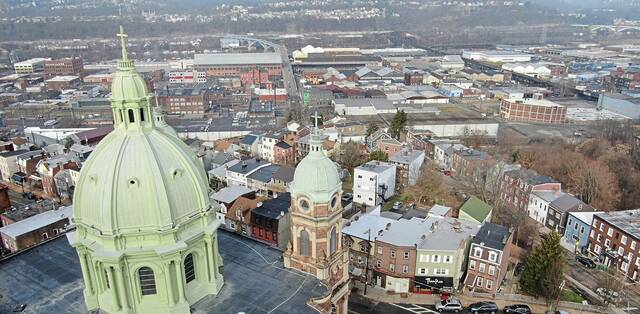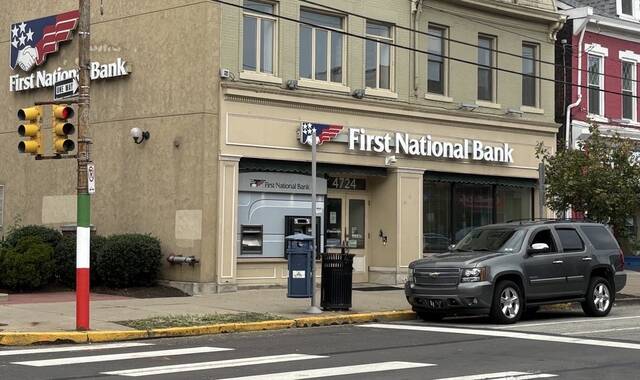Pittsburgh City Council on Tuesday unanimously voted to expand inclusionary zoning into the city’s Bloomfield and Polish Hill neighborhoods.
Inclusionary zoning requires that market-rate housing developments with 20 or more units incorporate affordable housing into their plans. In Bloomfield and Polish Hill, developers now will be required to earmark 10% of their housing units as affordable housing.
Units that are rented will need to be affordable to people making 50% of the area median income, while units that are sold will have to be affordable to homeowners making 80% of the area median income. Affordable units can’t be priced at more than 30% of the household’s income.
“Our vision is a Bloomfield where everyone can build a home, a business and a future,” said Christina Howell, executive director of the Bloomfield Development Corporation. “Inclusionary zoning is one of the tools in our affordability toolbox.”
Howell said the Bloomfield Development Corporation would support increasing the affordability requirements or making units affordable at a lower AMI threshold.
“We’ve seen the success of inclusionary zoning in Lawrenceville, and we want to replicate this in Bloomfield as well,” said Sam Spearing, housing and mobility coordinator for the Bloomfield Development Corporation.
Members of the Bloomfield and Polish Hill neighborhoods are being priced out of the area, said Councilwoman Deb Gross, who represents the neighborhoods. Inclusionary zoning, she said, could help people stay in those neighborhoods or bring people back.
“We’re losing our citizens,” she said. “Many are moving outside of the city because they cannot find affordable housing inside of the city.”
The measure had wide support among community members who spoke during a public hearing earlier this month before City Council. During the hearing, John Rhoades, chair of the housing and development committee for the Polish Hill Community Association, cited statistics showing that the median home price in the neighborhood more than tripled from 2015 to 2018, with the median price jumping from around $70,000 to more than $210,000.
Jim Eichenlaub, executive director for the Builders Association of Metropolitan Pittsburgh and the Apartments Association of Metropolitan Pittsburgh, spoke against the measure. He said government regulation on developments actually drives up housing costs.
Some council members have spoken in favor of expanding inclusionary zoning into other Pittsburgh neighborhoods.











